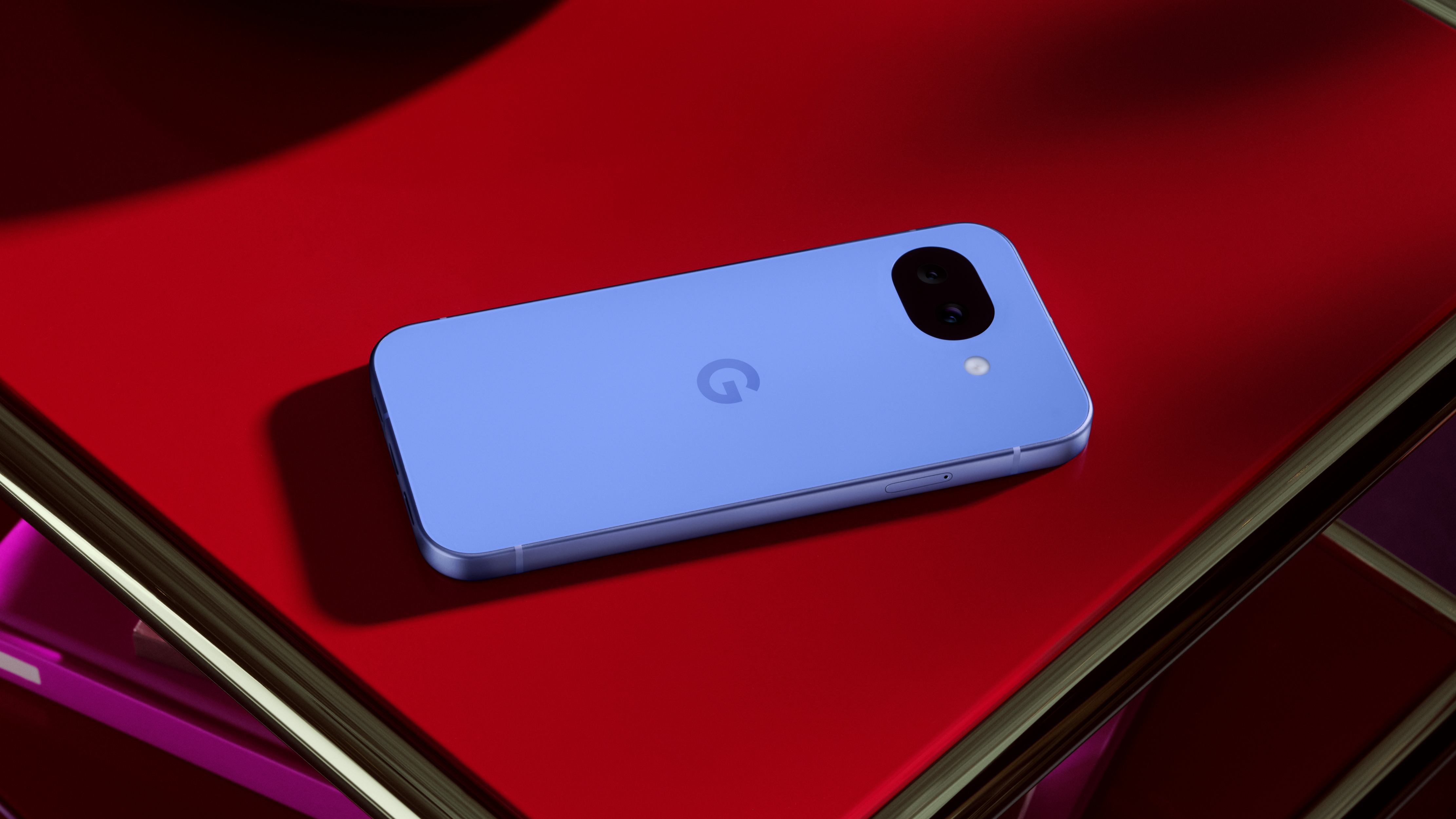Is hating on the new Galaxy the new hating on the new iPhone?
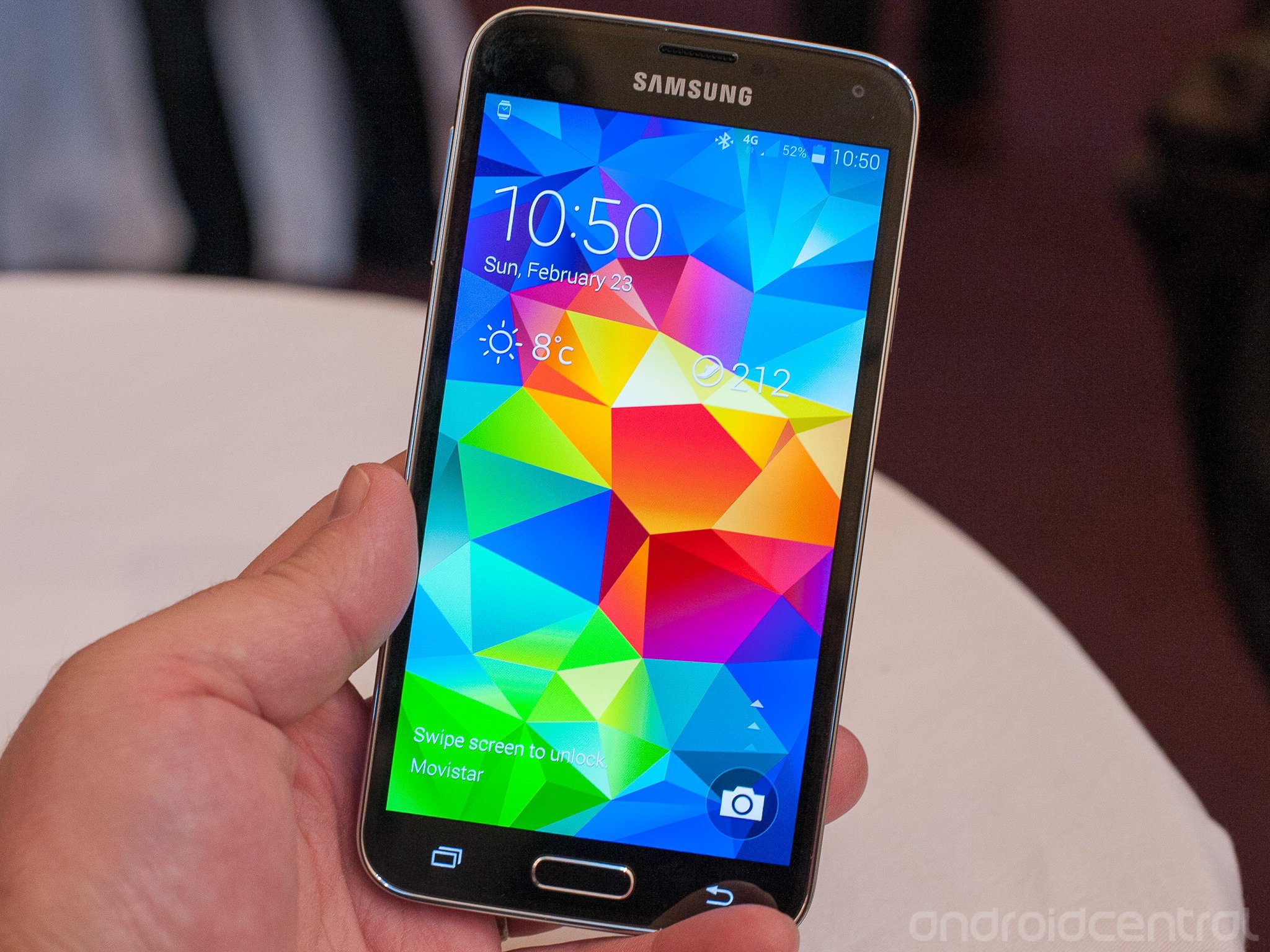
Get the latest news from Android Central, your trusted companion in the world of Android
You are now subscribed
Your newsletter sign-up was successful
The vicious cycle of rumors, upgrades and lofty expectations.
We have a problem. By we, I mean all of us. The media, the carriers, the manufacturers, and the customers. That problem is expectations, how we pump them up, and how we react when they aren't met.
The rumor cycle leading up to recent device launches has been particularly vicious. I can't tell you how many times I saw "bigger" thrown out there in anticipation of the iPhone 5s launch — and again now that the iPhone 6 is on the horizon — or how insane the rumors were of a 2K display for the Samsung Galaxy S5 (I had a 1500-word editorial in the waiting just for the occasion).
We were spoiled by the first few generations of the modern smartphone. After years of iterative developments at the hands of Nokia, Palm, and BlackBerry, Apple shocked us all with a great leap forward in the iPhone. Google soon followed with Android and partners like HTC, LG, and Samsung.
Those first few years were exciting. Smartphone technology was rapidly advancing. Processors got faster and more efficient than most of us could appreciate. Our screens went from 3.5-inches at 320x480 to 4- to 5-inches with pixels so small our eyes couldn't perceive them. We got new sensors before we knew what to do with them, radios that leapt from EDGE to HSPA to LTE, and devices that got thinner and stronger while getting more and more life out of their batteries.
We went from radical reinvention of the smartphone back to iterative generations.
And then things kind of slowed down. We went from radical reinvention of the smartphone back to iterative generations. The Samsung Galaxy S3, for example, was appreciably better than any of the variants of the Galaxy S2 that had preceded it. But when the Galaxy S4 came out, it was met with a chorus of "that's it?" — as if we were entitled to more.
It's happened again with the Galaxy S5. We got so used to such rapid advancement that we're having trouble accepting that our minds aren't going to be blown with every iteration of a device. Just check out the conversation in our Galaxy S5 forums to see how people feel.
The Galaxy S5 is a better smartphone than the Galaxy S4. It's not wildly better, but it's still a marked improvement. The screen is better, slightly larger yes, and still 1080p, but with improved color and brightness response. The camera is faster. The phone is resistant to water and dust. It's a better phone.
Get the latest news from Android Central, your trusted companion in the world of Android
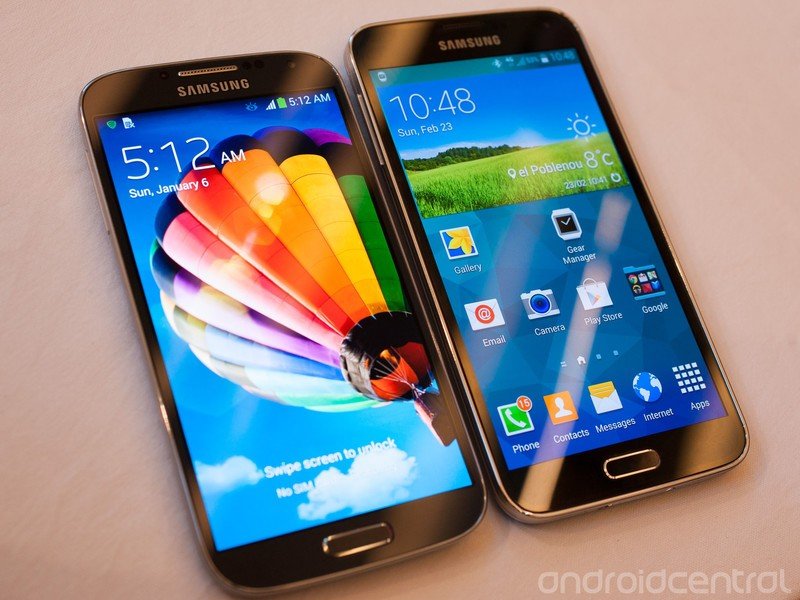
In fact, as Samsung pointed out in their remarkably calm announcement of the Galaxy S5, the areas that they focused on were the areas that their customers had expressed as pain points. Those customers aren't the kind of people that are likely to read this editorial.
No, they're the other tens of millions of people who've bought a smartphone and wished it took better and faster photos. Or that they could make the battery last longer when they really needed it to. Or that an errant splash when doing the dishes didn't mean the end of their phone.
They're normal people, such as they are, with normal people problems. They just want the phone to work. They're the people that Samsung focused on when developing the Galaxy S5.
It's odd to see the kind of reaction that some have had to the Galaxy S5. It's as if they expected some sort of miracle.
It's odd to see the kind of reaction that some have had to the Galaxy S5. It's as if they expected some sort of miracle. Truth is, the miraculous rise of technology that we've witness over the past few years isn't really that miraculous. It's economies of scale. Throw enough resources at something and it will happen.
This kind of reaction used to be reserved exclusively for whatever the latest iPhone was, and it was just as perplexing then. The new iPhone would come out, and half the time it looked almost identical to the old one. Apple is the master of iteration — just look at the MacBook Pro line, which has retained the same basic lines and styling for the past six years. But because it didn't appear to be a radically new phone, it was panned, and that reaction has grown more fierce with each generation. The unwarranted angst and disappointment heaped upon the iPhone 5s was boggling and absurd.
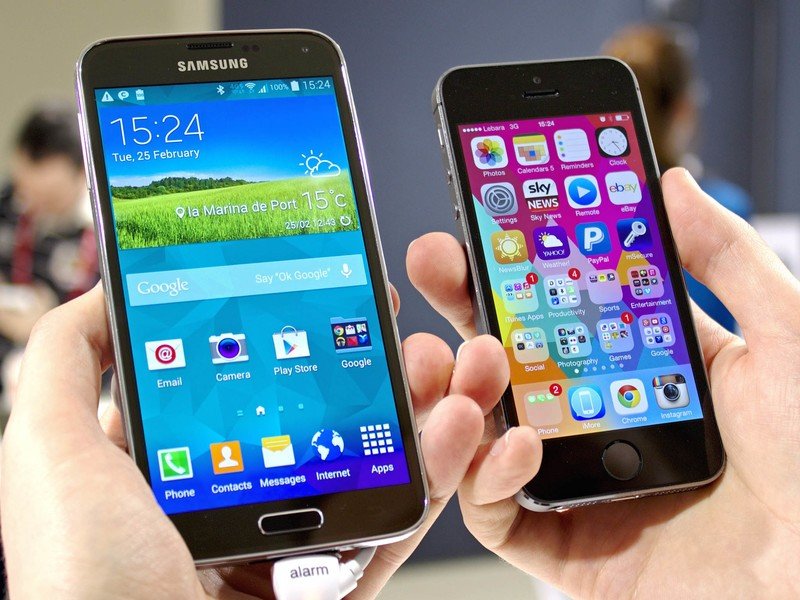
The power and capabilities of each generation of iPhone have outstripped its predecessors. The iOS software typically gained a new feature that was either leaps and bounds beyond what the competition had dreamed up — say, Siri — or took an idea from the competition and implemented it in a way that better fit iOS and was more user-friendly.
That might be enraging to the tech elite to see advanced features dumbed down like that, but it's good for the general public. Most of us are not coders. Most of us don't know the difference between a Gigahertz and a Gigabyte. They know that LTE is faster than whatever they had before, but that's just because they've been bombarded with advertising. They think that a 20-megapixel camera must be better than a 13-megapixel camera, because that's a bigger number.
The general public knows how to operate one in the most basic sense and uses it to do the most basic things.
The general public is tech dumb. Just like the general public is typically car dumb. They know how to operate one in the most basic sense and use it to do the most basic things, never pushing it to the limit of what it's actually capable of. And so the car is designed around that idea. It's easy to drive with clearly designed controls that aren't tiring to use. Today's cars are taking more and more of the load off of the user, making us more comfortable and asking us to do less to accomplish the same goal.
That's what Apple's been doing all these years, and that's what Samsung's been doing with the past few generations of the Galaxy S. The Samsung Galaxy S5 is and will continue to be one of the best smartphones out there. And Samsung is going to continue to refine and update their devices to make them more consumer friendly.
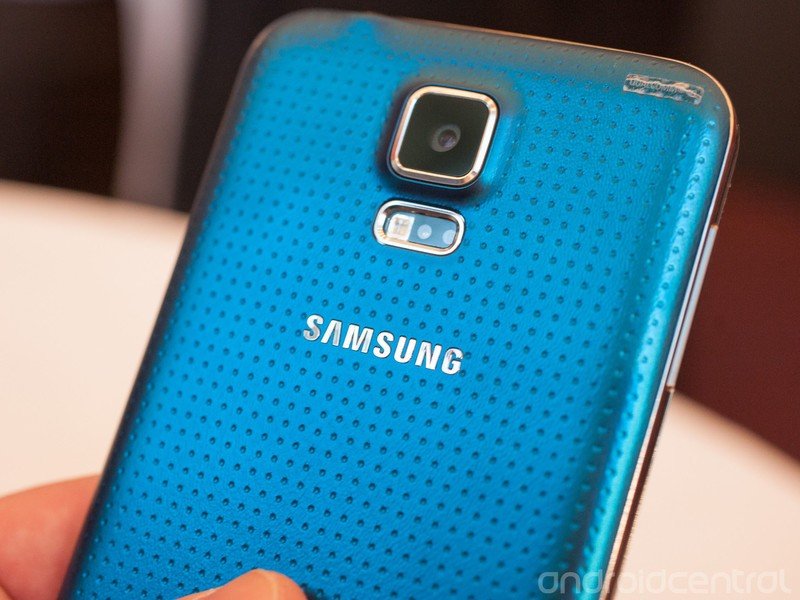
In the end it's not the number of cores or how fast they're clocked, it's not the type of RAM used or what kind of fingerprint sensor is installed. It's how it all works and how easy it is for the user to pick up on that.
We forget that smartphones are tools. We get wrapped up in the specifications and speculation. We want faster processors and sharper screens and slimmer designs, and we want it all now. And then we bitch and moan when our lofty expectations aren't met by a company with no obligation to meet them.
Samsung isn't designing a smartphone for you, nor is Apple. They're designing and building and selling smartphones that are designed for the masses, smartphones that are meant to be sold by the millions.
These are Toyota Camrys, not Ferraris. Maybe there's space in the smartphone world for somebody to make a true performance device with high end specs, features, design, and price (sorry, Vertu, all you've got is the price and half of the design equation), but we can't be mad at Samsung for making a Galaxy S5 that's meant to fix the woes of the average user.

Derek Kessler is Special Projects Manager for Mobile Nations. He's been writing about tech since 2009, has far more phones than is considered humane, still carries a torch for Palm (the old one), and got a Tesla because it was the biggest gadget he could find. You can follow him on Twitter at @derekakessler.

